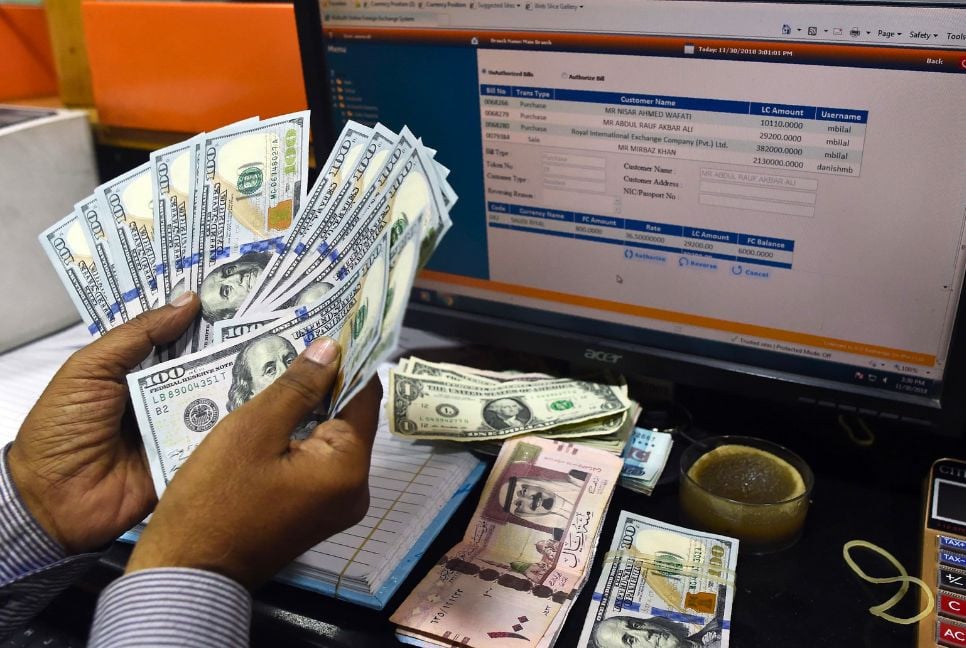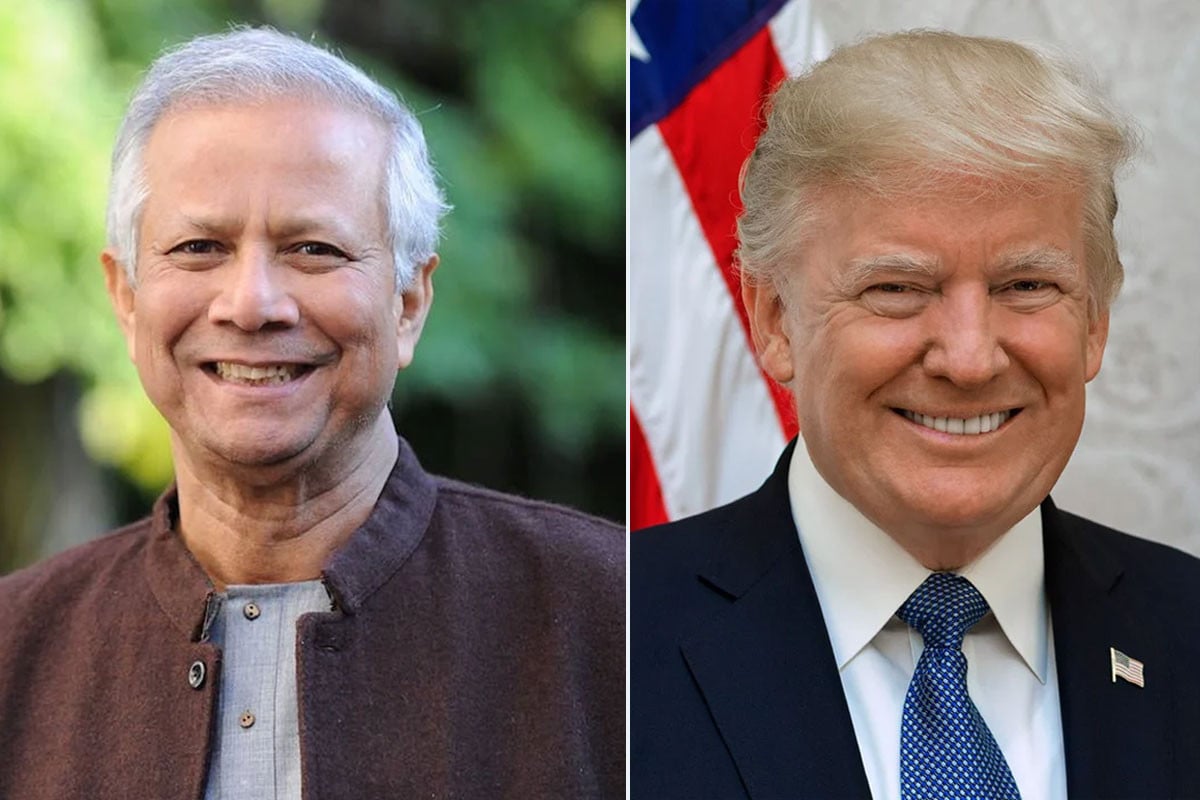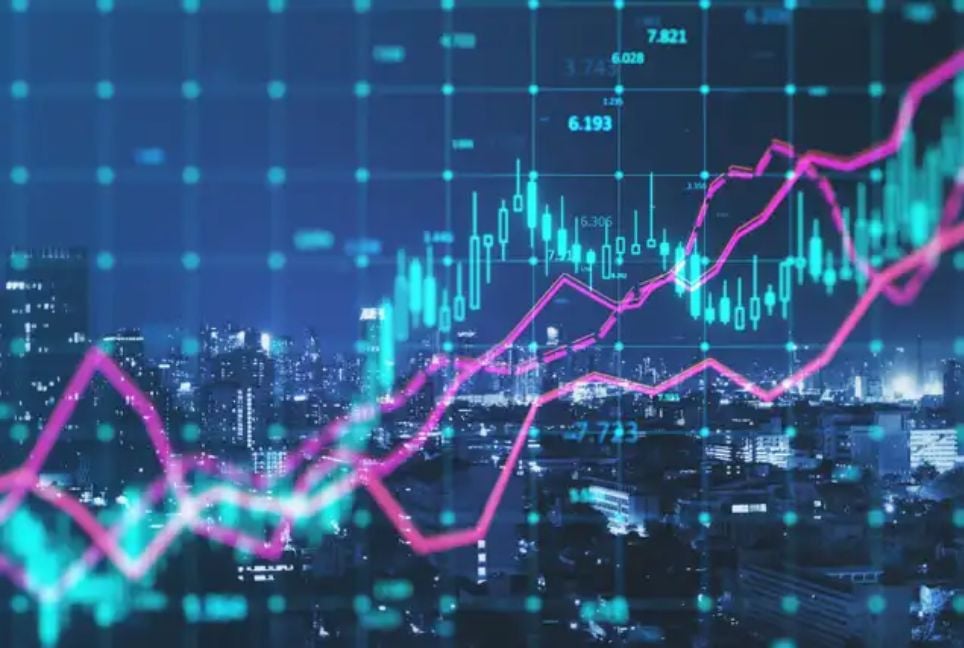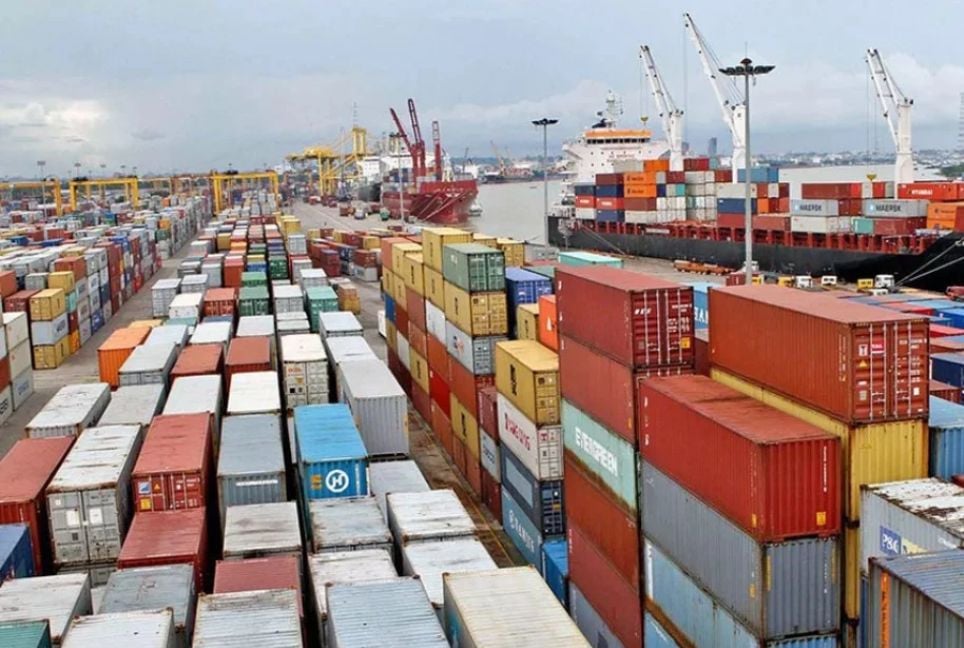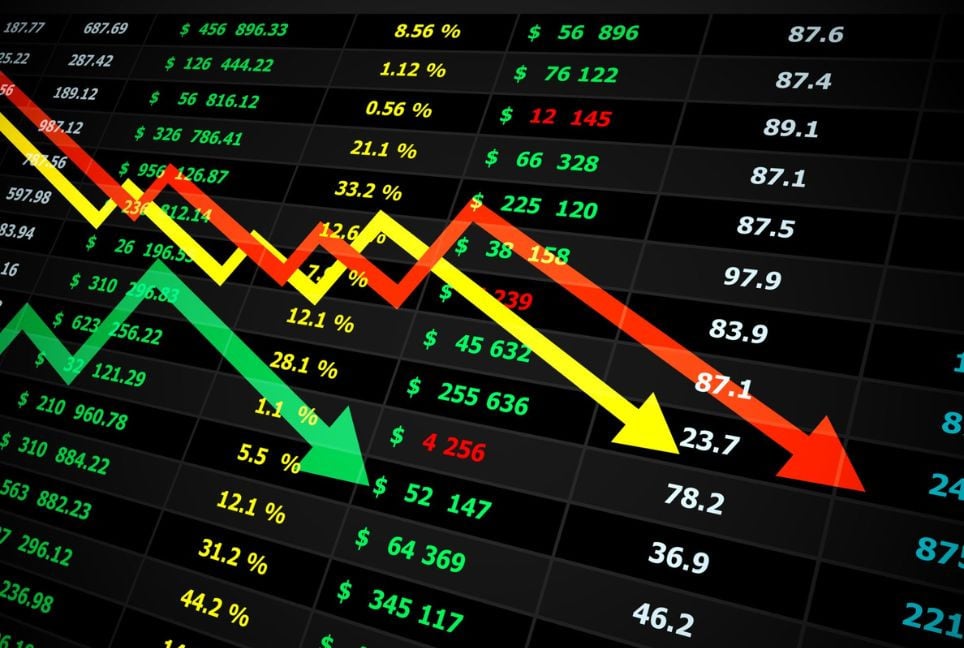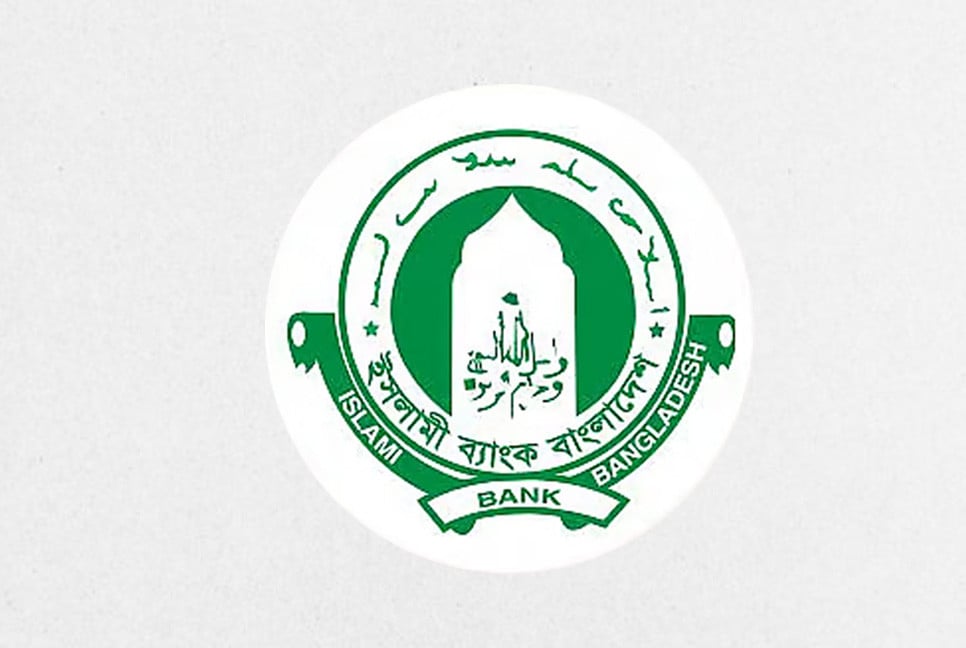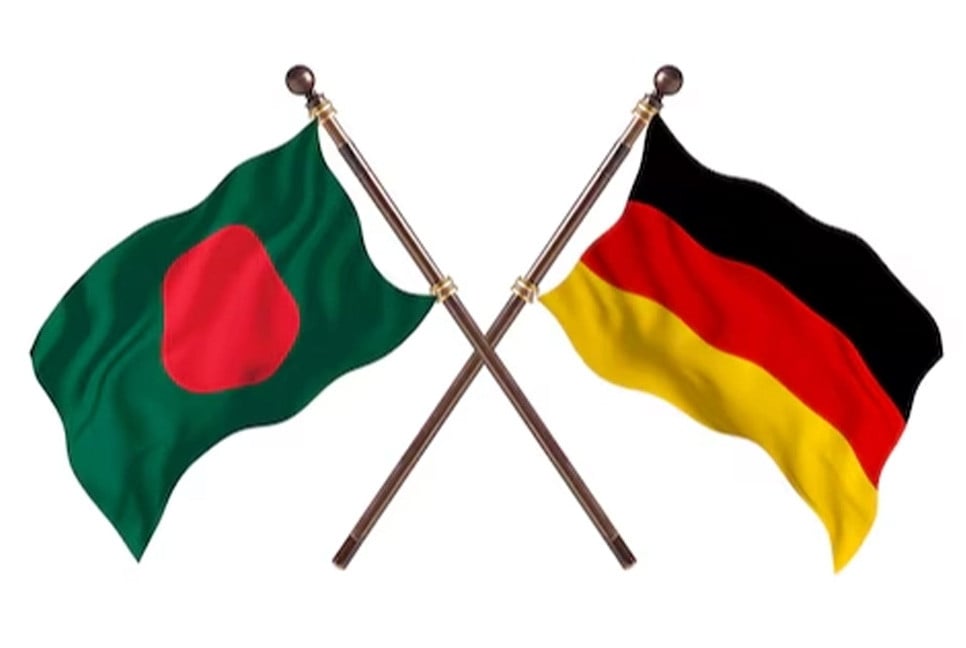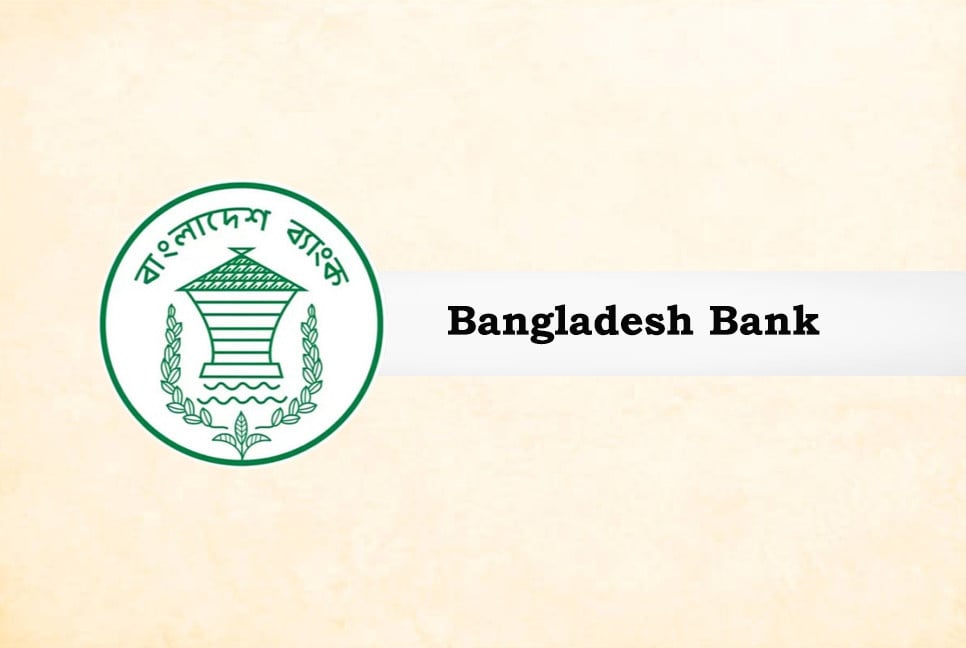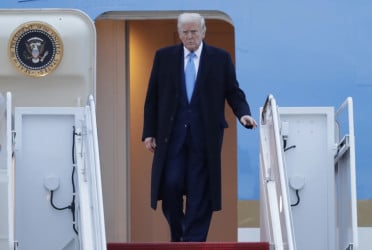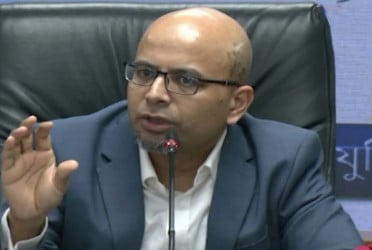The country’s economy has struggled with an inconsistent dollar rate for almost two years. Although the economy saw some stability in between, the price of the greenback is becoming volatile once again.
After the government announced an increase in the currency’s price, the kerb market became unstable. This has made it challenging for businesses to operate.
The cost of imported goods is soaring. Businesspeople and entrepreneurs fear that this could have a negative impact on the prices of essentials.
Recently, Bangladesh Bank issued a directive stating that the rate should not exceed Tk 123 per dollar from January 1. This rate is applied to both remittance collections and export earnings. Any deviation from this would result in a fine.
Bangladesh Bank has decided to withdraw the "crawling peg" policy to determine foreign exchange rates and instead allow the market to set the dollar price twice a day, where banks and customers will negotiate to determine the value of the dollar. This will take effect from January 12.
According to industry insiders, this step is not believed to be the right one.
The value of the US dollar started rising abruptly in March 2022 due to a crisis in the foreign exchange reserves.
On March 30 of that year, the official exchange rate for the dollar was Tk 86.20. Since then, it has risen to Tk 123. Over the course of 33 months, the price of the dollar has increased by 42.69 percent.
However, there have been allegations that banks are charging more than Tk 123 for the dollar to settle import liabilities. This is because banks are secretly buying remittances at prices higher than the announced rate.
Bangladesh faces a trade deficit every year due to more imports than exports. To reduce this deficit, Bangladesh Bank imposed several restrictions on imports last year. Among these were advanced payments for luxury goods and prior approval from Bangladesh Bank for opening letters of credit (LCs) exceeding Tk 3 crore. However, these restrictions have now been relaxed, leading to an increase in the dollar price.
If the demand for dollars increases further, the price may rise even more. As the dollar becomes more expensive, the cost of importing raw materials, machinery, and parts for industries will increase. This will directly impact the production of local industries and export-oriented industries.
According to sources, buying dollars at the government rate is becoming increasingly difficult. A syndicate is involved behind this. They buy dollars at higher prices than the government rate and sell them for an even higher price.
Bangladesh Bank fined 10 commercial banks in this regard last year.
Seven money exchangers' licenses were also suspended for buying and selling dollars at higher rates.
The regulator also removed the treasury heads of six domestic and foreign banks for purchasing dollars at higher rates. Meanwhile, the dollar rate has become uncontrollable, affecting industries and people.
Regarding these circumstances, Husne Ara Shikha, executive director and spokesperson of Bangladesh Bank, remarked, "A few days ago, some banks were manipulating the dollar market, which caused the sudden rise in the price of the dollar. Banks have been warned, and the instability in the dollar market has eased in a short time."
"Bangladesh Bank has issued new guidelines for determining the value of the dollar. From now on, authorized bank branches for foreign exchange transactions (AD branches) will negotiate with their clients to determine the price of the dollar. Starting from January 5, these branches are required to send foreign exchange transaction data to Bangladesh Bank twice a day," she said.
"Details of transactions exceeding $1,00,000 must be submitted to Bangladesh Bank by 11:30 am. Additionally, transaction details from 11 am to 5 pm must be submitted by 5:30 pm. Bangladesh Bank will require these details to be submitted in the specified format," she added.
Bangladesh Bank will publish a reference price or base value of the dollar on its website daily based on these data from January 12, stated the spokesperson.
Such initiatives were launched earlier, but the market did not even out. If the dollar market becomes even more unstable in the future, industry insiders believe this will lead to further upsurges in the prices of goods.
Source: Kaler Kantho
Translated & edited by Fariha Nowshin Chinika

